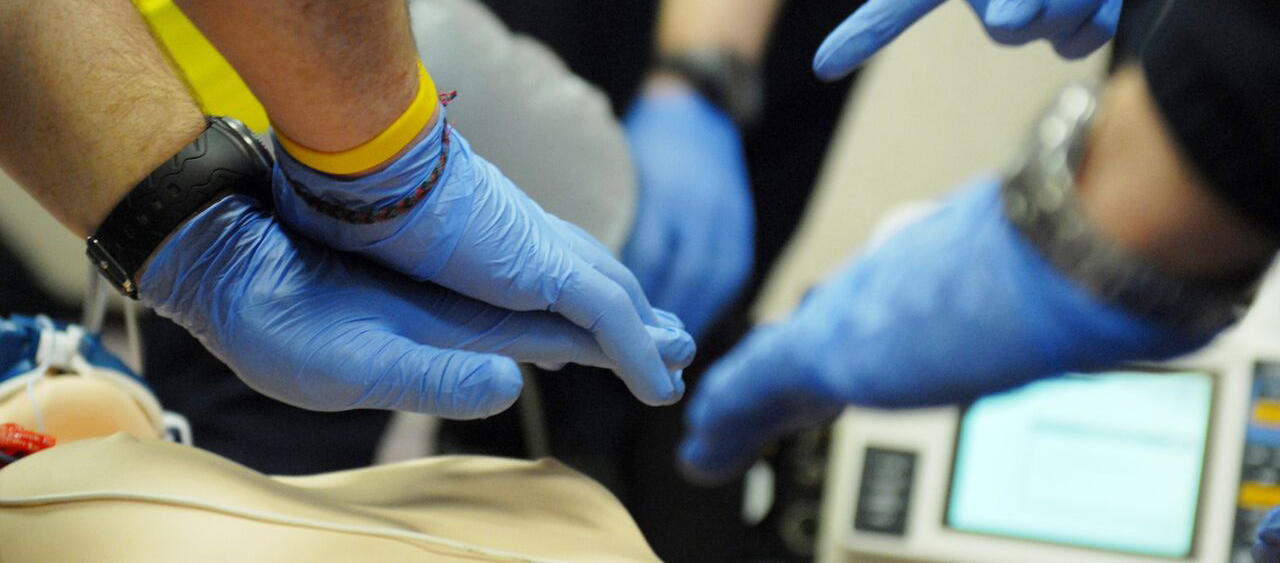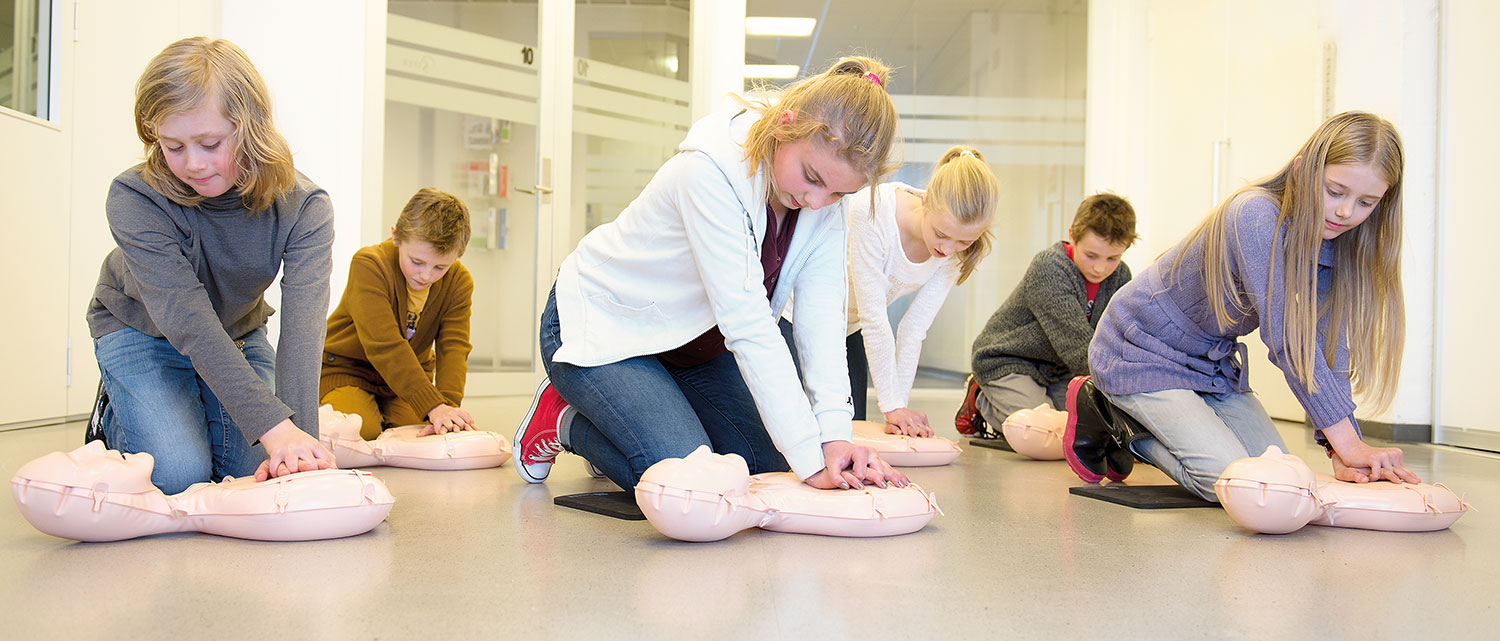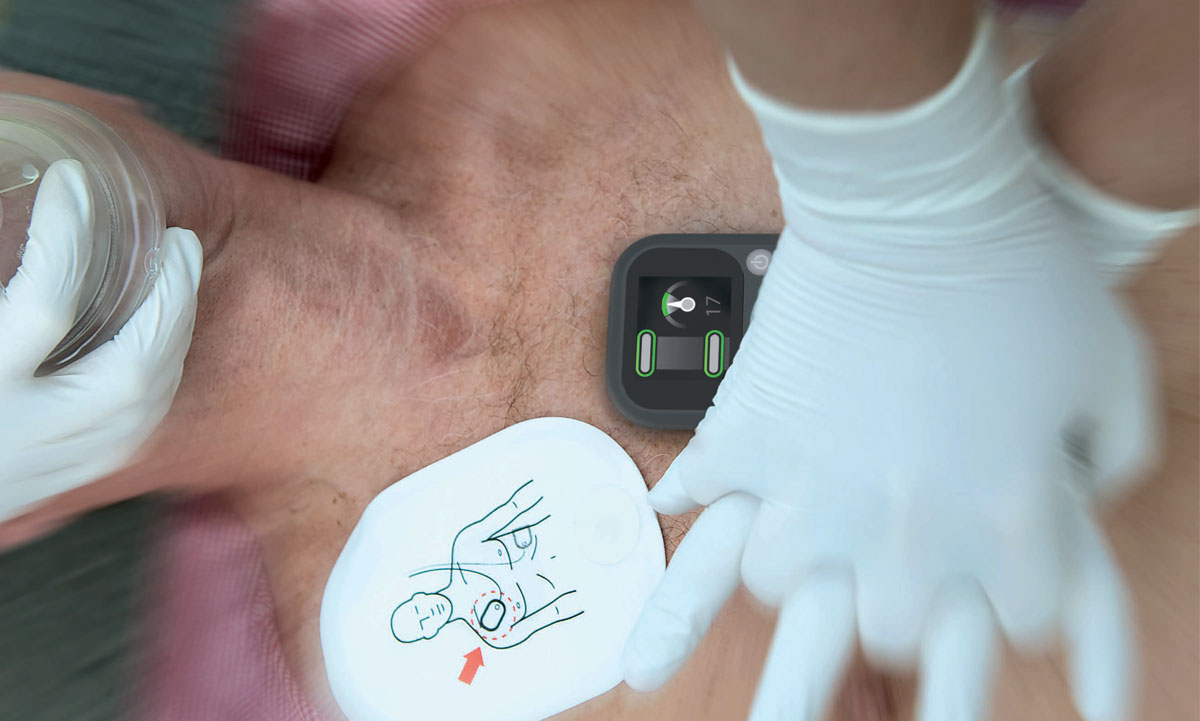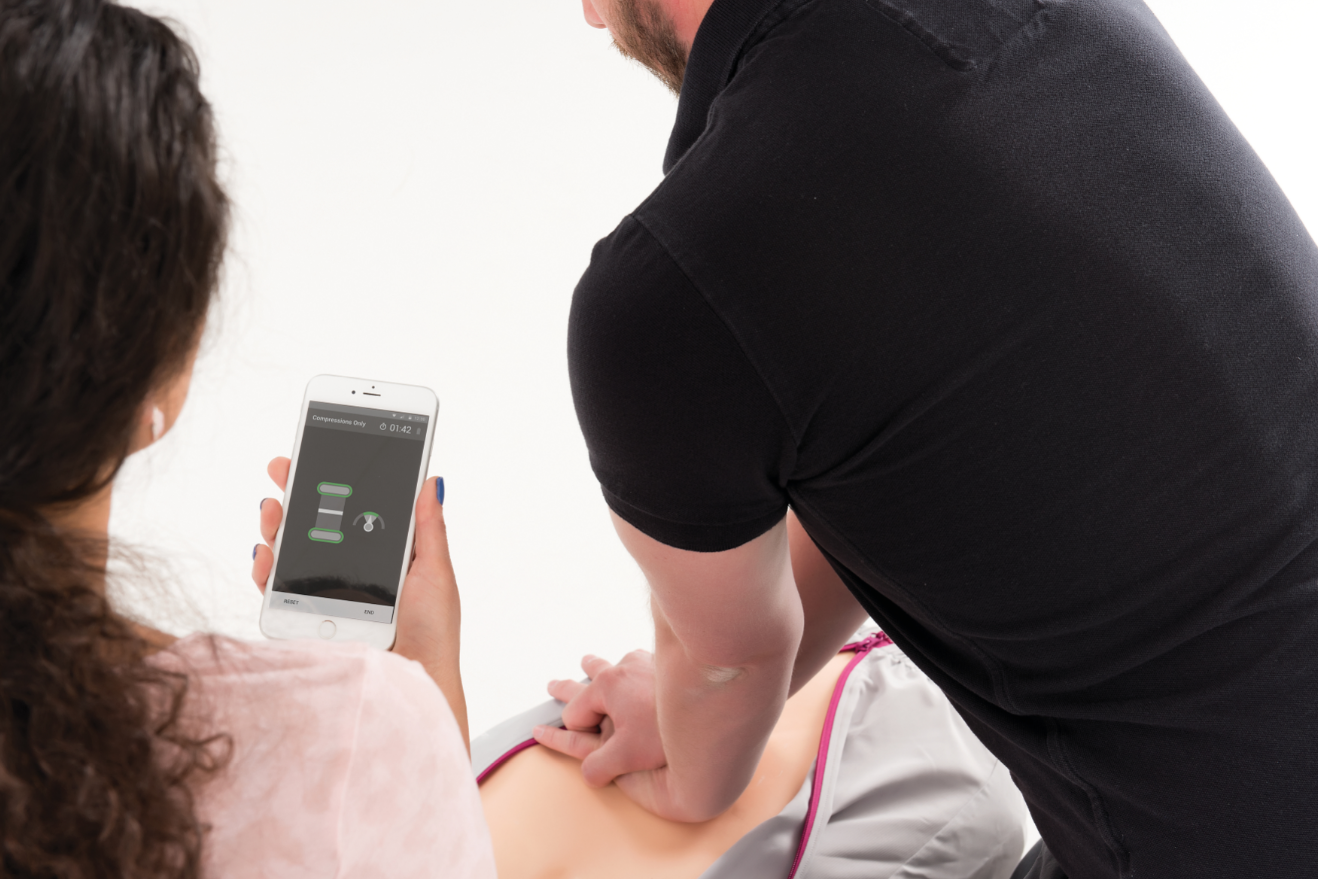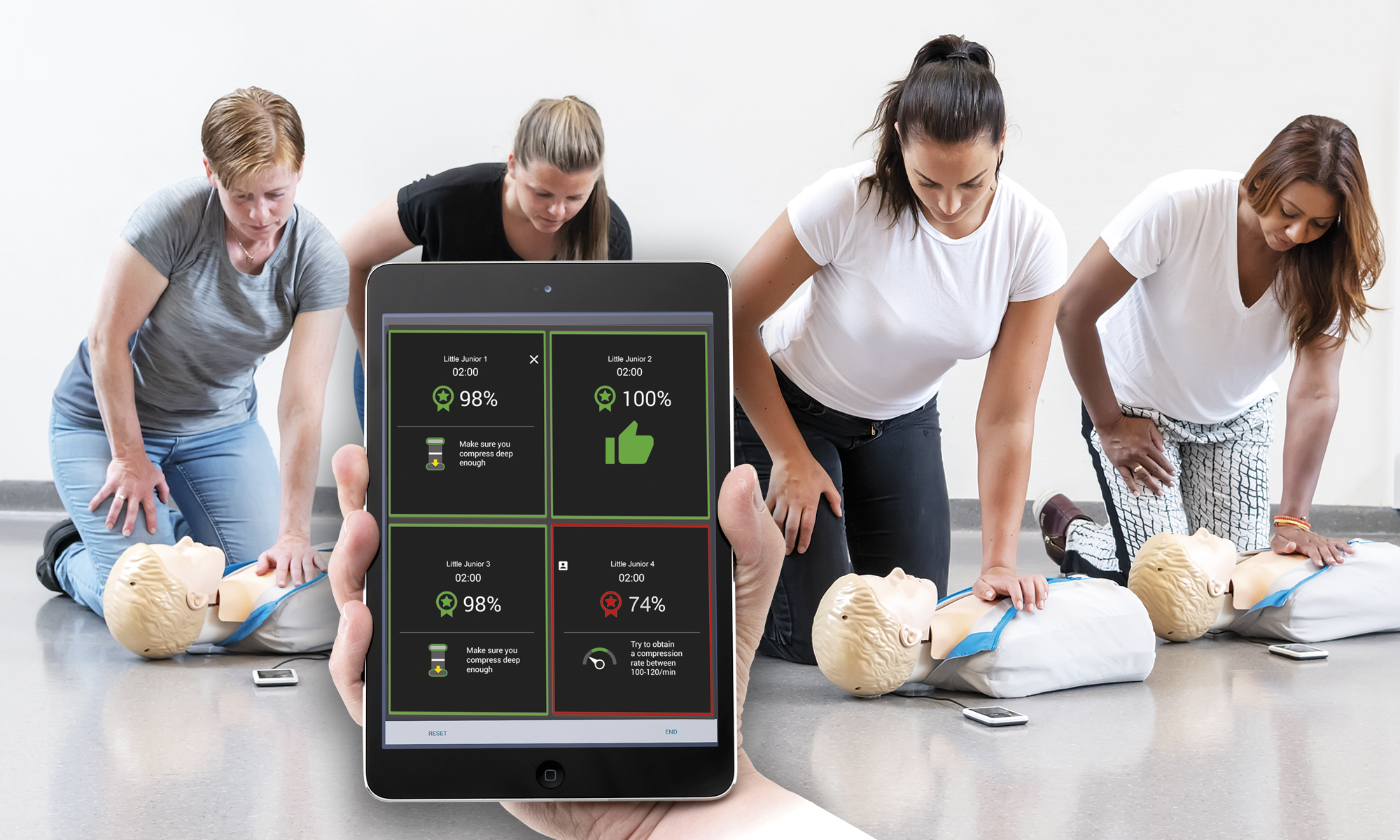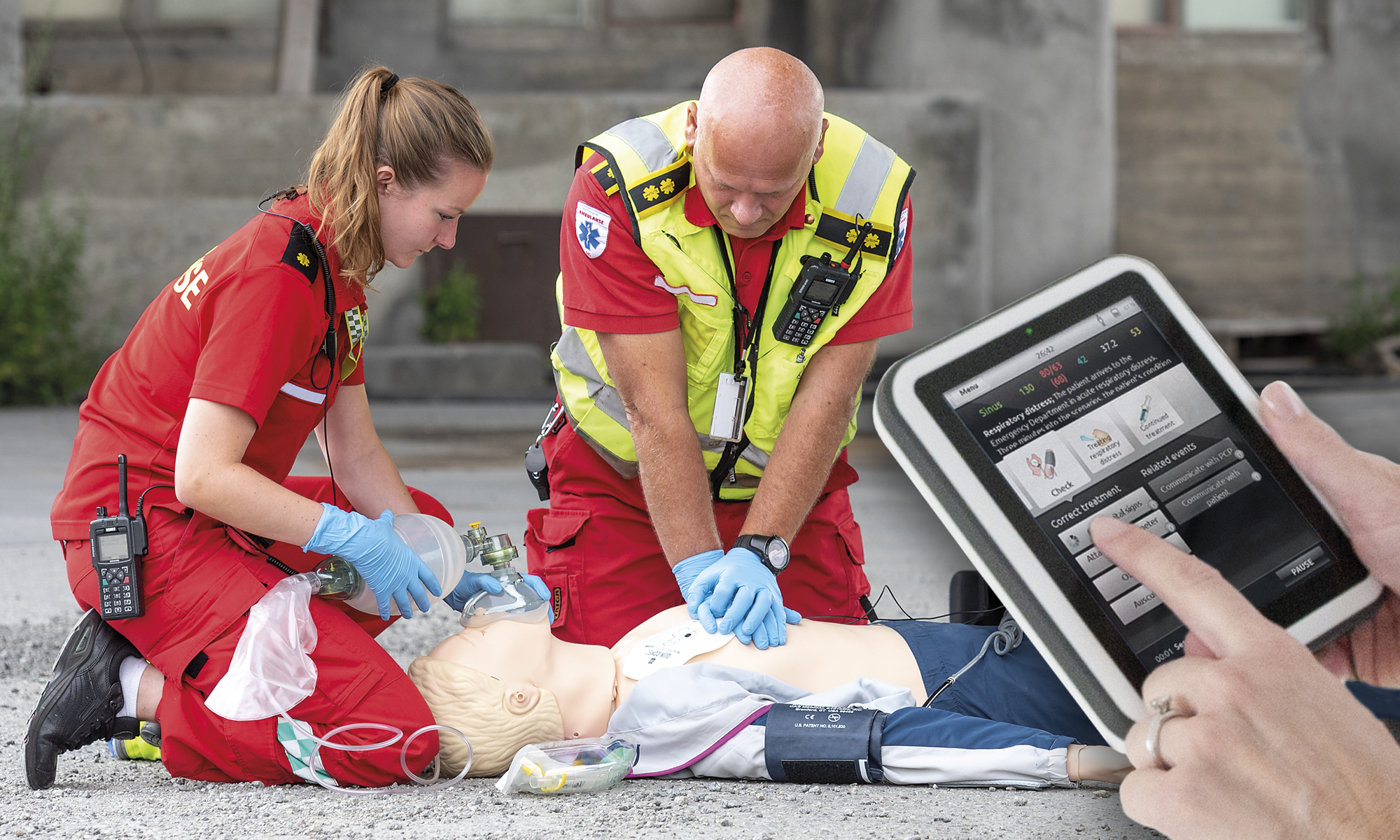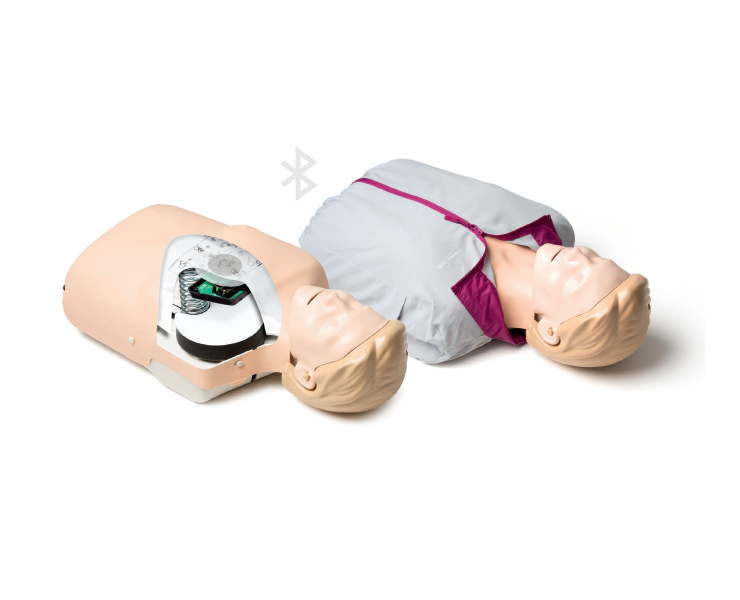QCPR: Quality CPR Saves Lives
Measure To Improve
There are many factors that contribute to survival from cardiac arrest but none as powerful as receiving high quality CPR.
What is QCPR Technology?
Laerdal’s QCPR-enabled manikins and feedback devices measure the quality of CPR performance, providing real-time and summative feedback on the critical components of high-quality CPR as defined by the American Heart Association.
Help Ensure Quality CPR with Real-Time Feedback
The consensus is clear: high-quality CPR saves lives,1,2 but when seconds and millimeters can be the difference, even seasoned professionals can have difficulty achieving correct compressions on look and feel alone.
Fortunately, multiple studies3,4 have shown that real-time feedback can improve the quality of compressions provided. As the Resuscitation Academy's Mike Helbock states below, "You cannot improve that what you cannot measure," meaning if your goal is to optimize performance, performance feedback becomes a necessity.
Resuscitation Experts on Real-Time Feedback
Five experts share their thoughts on the role of using real-time feedback devices in improving survival from cardiac arrest.
Getting healthcare providers to do Guidelines compressions is difficult, and you really need some sort of feedback device to know how fast your rate is or how deep your depth is. At our institution, we’re starting to use more and more of these devices, because we know that healthcare providers can’t do Guidelines CPR quality not because they can’t, but because they just don’t know what 2 inches of depth is without some sort of feedback.
All of us should be measuring our performance in CPR. … We have a range in which we need to stay between in order to optimize outcomes for our patients. We need to be able to measure that, in real time, get real-time feedback, as well as measure our outcomes in our own communities and know what our performance is, so that we can identify issues, optimize care, and identify problems and change them.
It keeps us honest, is the bottom line. … It tells us if our compressions are too deep or if our timing is off or anything like that, so we’re constantly working at using that feedback. You train people how to do the best possible CPR, and doing it with feedback devices is critical because it gives you a good model of how to do as perfect CPR as you can get.
Monitoring and feedback for CPR, I think in a way, that’s the most important thing for EMS providers, for in-hospital providers. … Max Harry Weil, who invented ICU, said, ‘Not using CPR feedback during a code is like a pilot not using GPS while they’re flying a plane.’” … For healthcare providers, I think it’s absolutely essential that we have specific feedback on quality of CPR. That’s extremely important in training.
We are really firm believers of being able to provide feedback to individuals when they go through their training. Being able to provide them with that immediate feedback about what their compression rate and depth is, is really integral in the education process. It helps people to really understand where their deficits are and what they can improve upon. It’s something that’s very important, and hopefully will be able to be integrated in future subsequent educational iterations.
Helping You Succeed
AHA Feedback Requirement
Following the scientific evidence on feedback devices highlighted in the 2015 AHA Guidelines Update for CPR and ECC, effective January 31, 2019, the AHA now requires the use of an instrumented directive feedback device or manikin in all AHA courses that teach the skills of adult CPR.1
Explore Solutions
Community CPR
Now available with a gaming element and feedback technology, instructors can improve CPR training quality, classroom efficiency and learner engagement.
Professional CPR
The Resusci range has been used to train over 500 million people. Further enhancements ensure it will keep helping you create teams that perform at their best.
Already own a CPR manikin?
Upgrade kits are available for you to easily install and benefit from the improvements.
References
1. Frequently Asked Questions: AHA Requirement on Use of Feedback Devices in Adult CPR Training. AHA Instructor Network.
2. American Heart Association (AHA) Requirement on Use of Feedback Devices in Adult CPR Training Courses. AHA Instructor Network.
3. Feedback Device Specifics for CPR Instruction. AHA Instructor Network.
